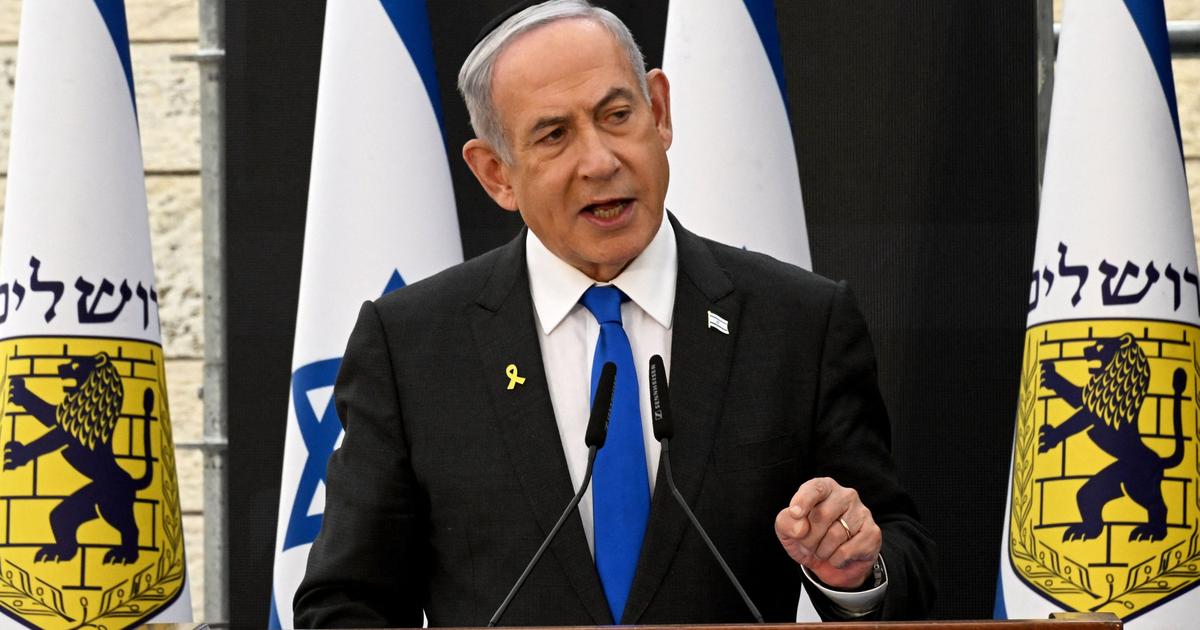Israeli Prime Minister Benjamin Netanyahu is set to address the American Congress in Washington on July 24. This announcement follows an invitation extended at the end of May by both Republican and Democratic leaders amidst the ongoing Gaza conflict. American media had initially reported that Netanyahu's speech was due on June 13, but his office refuted this, stating that the date had not been finalized.
The invitation comes against a backdrop of unease within the Biden administration over Israel's military actions in Gaza. US President Joe Biden has expressed opposition to an extensive ground offensive in Rafah, where over a million civilians are trapped, threatening to halt arms deliveries if his warning goes unheeded. Despite criticisms from both Republicans and some Democrats, the US remains Israel's primary diplomatic and military ally, even as international pressure mounts due to the prolonged conflict and resulting humanitarian catastrophe in Gaza.
In their invitation letter, congressional leaders reaffirmed their solidarity with Israel in its fight against terrorism. Netanyahu, on the other hand, has expressed his delight in representing Israel before the US Congress to convey the 'truth' about Israel's actions, which he describes as a just war against existential threats.
In a related development, the United States has circulated an amended proposal at the United Nations Security Council concerning the promotion of a hostage deal. Highlighting the diplomatic efforts of Egypt, Qatar, and the US, the proposal calls for both parties to fully implement the terms of the deal without delay. This deal aims to conclude the conflict, secure the release of abductees, and increase humanitarian aid.
The proposed resolution by President Biden unfolds in three phases. The first phase involves a six-week temporary ceasefire during which various abductees, including women, the elderly, and the wounded, will be released. The second phase proposes a complete ceasefire, the IDF's total withdrawal from Gaza, and the release of all remaining abductees. Following successful negotiations in the first phase, the temporary ceasefire will be extended. The third phase focuses on a multi-year rehabilitation plan for Gaza and the return of abductees' bodies.
However, the Israeli representation at the UN has expressed concerns over certain points in the proposal, including clauses against demographic or territorial changes in Gaza and the establishment of buffer zones. The inclusion of these clauses underscores the US's intention to secure broader support for the proposal within the Security Council.
- US President Joe Biden's diplomatic efforts also aim to address broader implications for the region, including the pursuit of a two-state solution where Israel and Palestine coexist peacefully. Despite significant challenges, the proposed resolution reflects a concerted effort to stabilize the region and enhance humanitarian conditions.
- Netanyahu's upcoming address to the US Congress is expected to underscore Israel's stance, garnering support amid increasingly complex geopolitical dynamics. The evolving situation continues to draw international scrutiny as stakeholders strive for a sustainable resolution.






